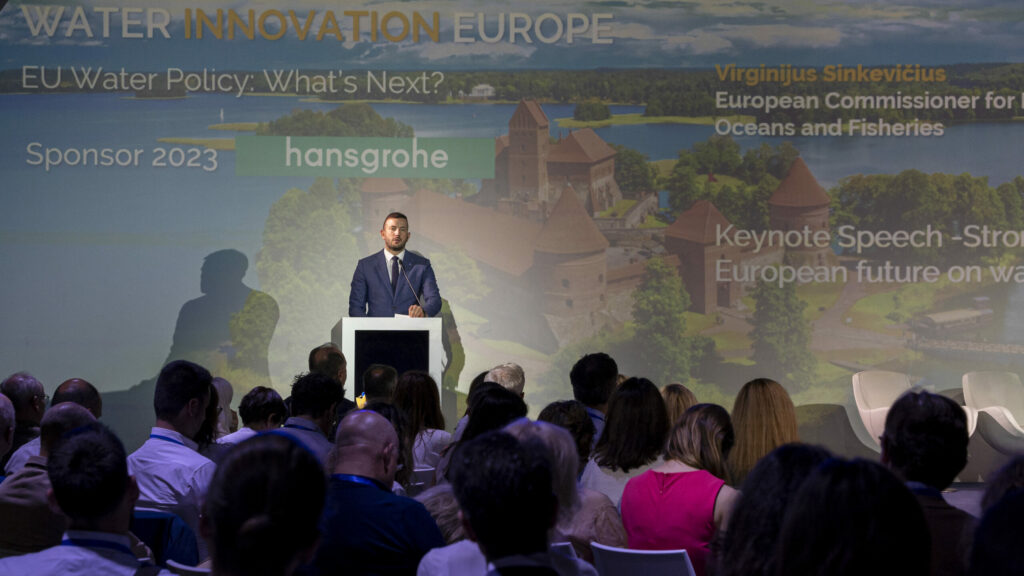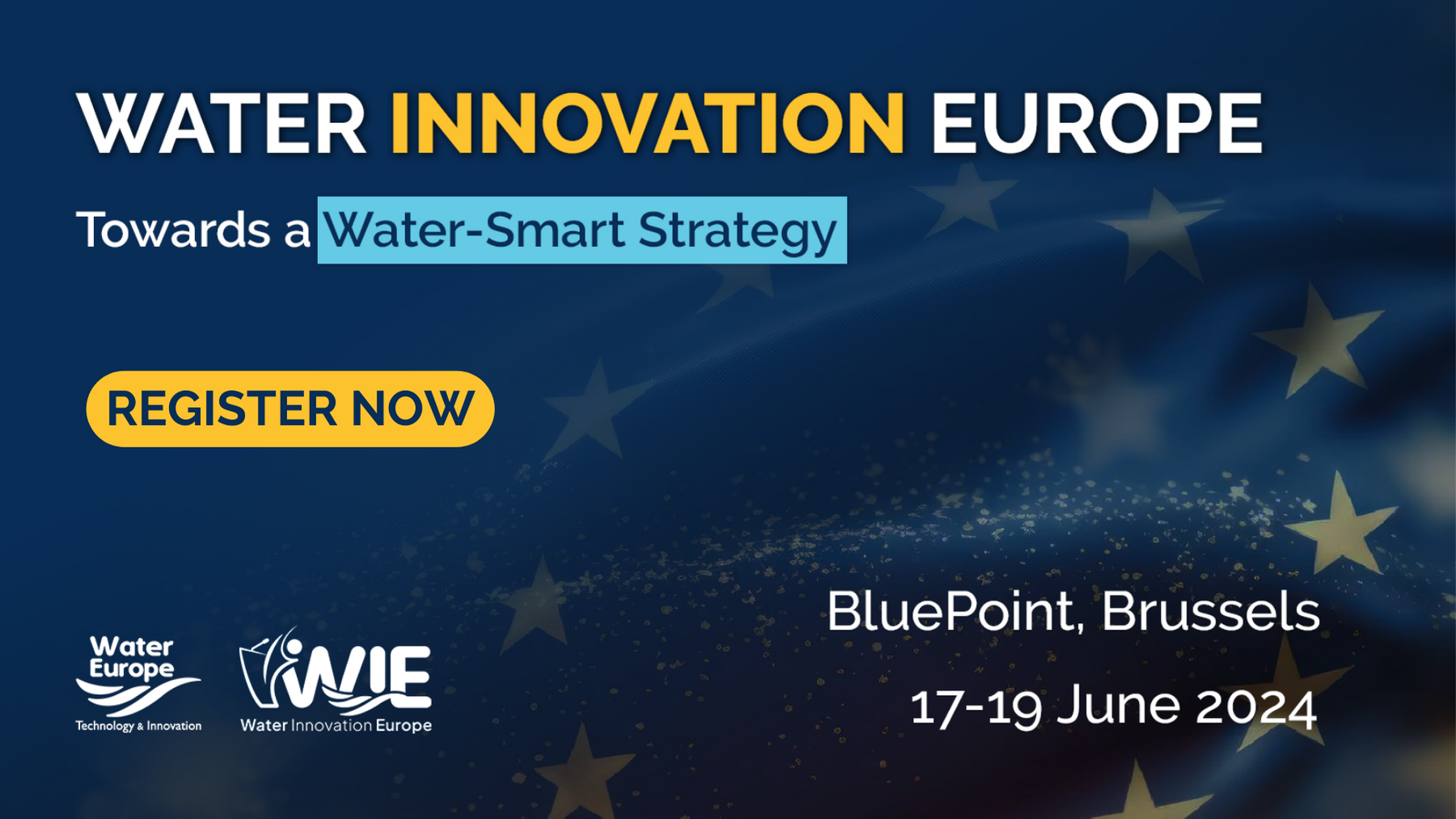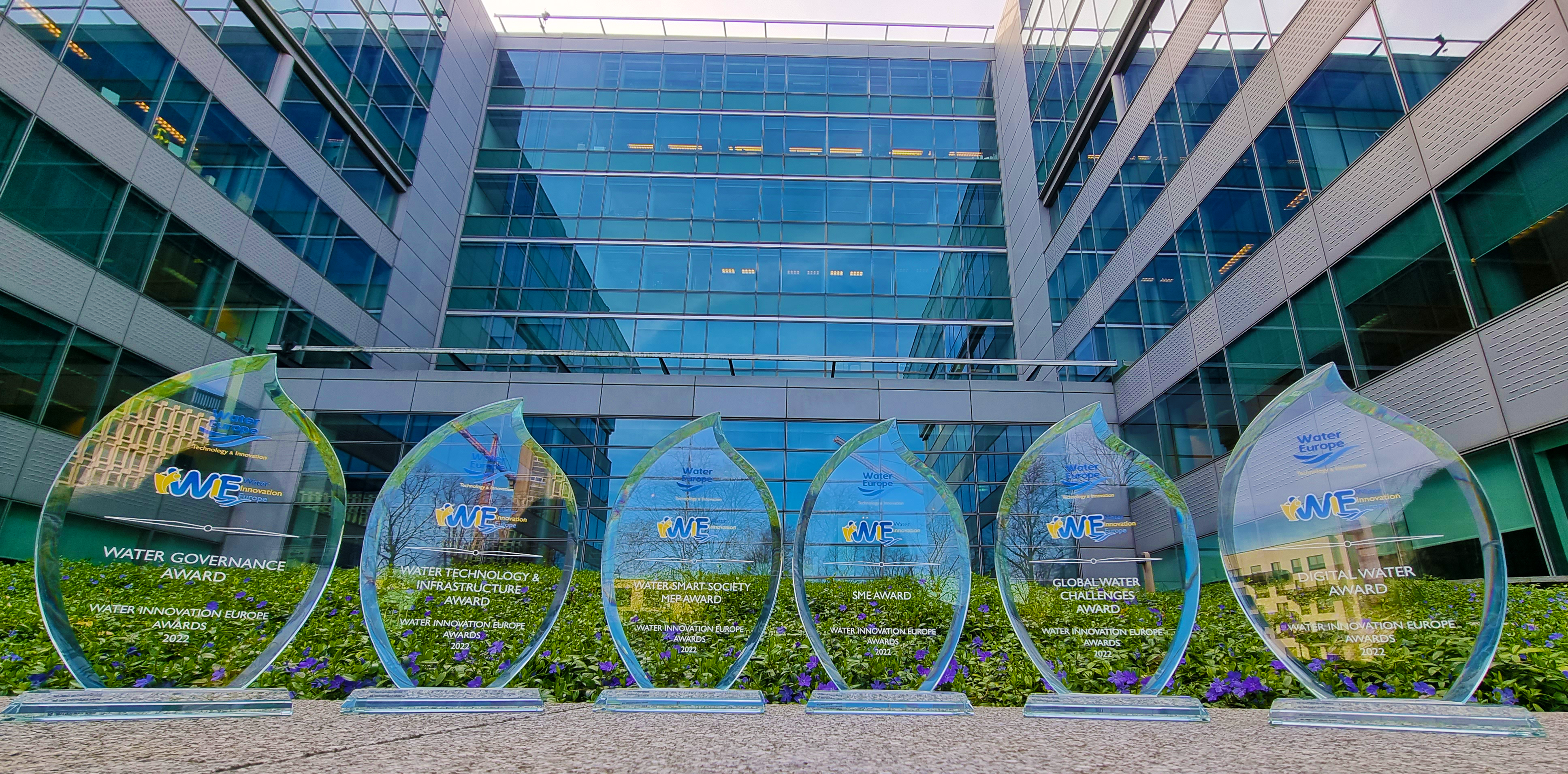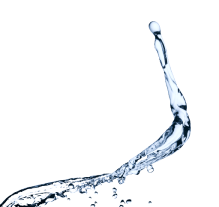I have to say that when I saw the title “water innovation”, that grabbed my attention. If there is one thing that is very clear about the future of water, it is the need for more innovation. The challenges are significant – extreme weather events that are becoming more common, pollution from chemicals and nutrients, water scarcity in places that have never previously experienced drought.
We will need ambitious measures for water management, and new technologies to tackle these problems. That makes today’s theme very timely indeed.
These technologies are advancing, all around the world.
When the OECD looked into this in 2020, they found a vibrant global industry, with water-related innovation moving quickly on many sides. The number of patents related to water has increased substantially since 1990. But that picture is mixed.
The number of patents related to water pollution abatement, water supply and water demand was a mere 1.3% of all patents filed around the world. I think that means there is still a huge, untapped potential, here in the EU, to increase that percentage. And we do need innovation, like never before.
We also need an adequate legal framework.
When we look at the current framework, we see that a lot of progress has been made in the past twenty years since the adoption of EU water framework directive. If our waters are cleaner, that’s largely due to the ambitious objectives we put in place in EU law, and to the incentives they created for some huge investments in wastewater treatment.
But the current laws can only take us so far. There is still plenty of room for improvement.
Most of the improvements we have in mind are sketched out in the European Green Deal, our overarching plan to build up the sustainability of the EU economy. Water is a constant presence in that Deal, because it touches on almost every policy area.
The Green Deal was adopted in 2019, and since then, we have revised many areas of legislation. We have proposed changes to laws on industrial emissions, on drinking water, on urban wastewater treatment, nature restoration, and on integrated water management. With each of these proposals, we’ve taken great care to ensure that the new standards can drive innovation, by increasing the quality of available data, promoting information sharing, foregrounding nature-based solutions, and supporting emerging technologies.
Let’s look at some of these elements in a little more detail. In our revision of the Industrial Emissions Directive, there is a whole new chapter on promoting innovation. That includes creating an innovation centre for industrial transformation and emissions – we call it INCITE for short.
It works by allowing frontrunners to enjoy temporary derogations, so that they can test emerging technologies. These provisions should enable a major push for innovation, and I hope we see those effects in areas where they are really needed, like EU patents for water pollution abatement and water efficiency solutions.
Similarly, in the context of the revision of the Urban Wastewater Treatment Directive, there’s also a very strong innovation component. The aim is to raise the quality of treatment, so we are looking to increase the use of more sophisticated treatment techniques. That way we address more pollutants, we facilitate water reuse, and we encourage the sector to play a full role in the EU transformation to carbon neutrality, by requiring energy neutrality in wastewater treatment at the national level.
When we revised the Drinking Water Directive, we took pains to encourage resource efficiency, and the more sustainable management of drinking water.
This foregrounding of technology is also a feature of the recent proposal on integrated water management.
This legislation is designed to help reduce or remove pollutants from groundwater and surface waters, and it comes with a strong emphasis on emerging contaminants like microplastics and antimicrobial resistant genes. These are areas where many technologies and testing methods still need to be developed.
The new regulation on water reuse will apply as of this month. I don’t need to explain to you the importance of water reuse in the current context. But I do want to point out this legislation should help bring about a significant increase in the use of technologies for recycling treated wastewater. That’s great news for agriculture in these difficult times. These standards should strengthen the trust of farmers and consumers alike.
Incidentally, the nature restoration law, which is currently the subject of lively discussions, will be another very important tool for Europe’s waters. Directly, because restoring ecosystems works wonders for flood prevention and control, while also safeguarding supplies of drinking water, and indirectly, because by restoring biodiversity we are securing the basic foundations of our society.
We see the evidence of growing water scarcity all around us; evidence that our water use is fundamentally out of sync with water availability. Everyone concerned about water quantity and quality should give the Nature Restoration Law their wholehearted support. Nature can retain water, can purify water, can reduce evaporation. As I said the other day, if you destroy nature, you destroy the economy.
And of course, all of these changes will do much more than cleaning up Europe’s waters. These technologies will also help nurse our ecosystems back to health, and they also have potential for reducing costs for water consumers.
I’m sure you’ll agree that what I have set out there is a comprehensive programme of legislation. But it answers a very real need.
And we also come with a broad selection of tools to help these changes take shape on the ground.
One example is the Taxonomy Regulation, a powerful lever for enabling change. It will help scale up investment financing to emerging technologies that are environmentally sustainable, enabling both their development and their deployment.
This is particularly important for water, where the scale of investment is often considerable.
Under the new Horizon Europe programme for 2023 – 2024, more than 13 billion euros are allocated to research and innovators in Europe. New in the Horizon Europe are the EU missions which bring concrete solutions to some of our greatest challenges.
Particularly important here are the missions “Restore our Ocean and Waters“, and “Climate-Neutral and Smart Cities”.
Speaking about the cities, the Green City Accord will support, with a dedicated group of European cities, the delivery of the European Green Deal and the UN Sustainable Development Goals.
And this brings us to buildings as the Renovation Wave for Europe and the New European Bauhaus initiative foresee higher and innovative water standards, water efficiency and reuse, or rain harvesting, to improve and innovate in the construction sector.
We can do a lot with technology.
It will always be essential in helping us use this precious resource in the most efficient manner. Pollution abatement, zero carbon – the list of vital applications is long.
But we can’t solve everything with a technological fix.
This was spelt out very clearly by the Global Commission on the Economics of Water, in the report called Turning the Tide.
Simply put, we use too much water. We need to face that fact, tackle the causes, and change the current paradigm. Our world is changing, and we need different attitudes to water consumption.
Tackling those causes means addressing prices that are simply too low. It means removing subsidies that fuel the excessive consumption of water. It means the wider use of water footprints to promote efficiency, and identify unsustainable use.
And it means changing our attitudes to water investment. Investments must be aligned with broader objectives, like fairness and social protection, and most importantly of all, with water management that is sustainable and climate-resilient.
I think the impetus we need is already here.
The UN Water conference in New York this year created significant momentum, driving forward the global water agenda. It showed a remarkable consensus on major issues, like the urgent need to address rising water stress around the world, and the interconnections with the planetary crises involving energy, health, and food.
The key outcome – the Water Action Agenda – was endorsed by all.
Its aim is to turn that political momentum into tangible and ambitious action, addressing these global challenges to our water.
With our long tradition of shared water legislation, solid water management experience, and cutting edge research and innovation, the EU agreed a 2050 vision of water resilience, and submitted 33 commitments to the conference.
Placing water resilience at the heart of our position, we want to fundamentally rebalance water demand with water supply, while also repairing and restoring the systems that provide us with clean freshwater.
Now it’s time to follow up on those commitments, and ensure that the New York Conference was not a one-off. The EU is determined to safeguard the long-term impact of the action agenda.
We will implement those outcomes at the EU level, and also ensure that they get carried forward on the global stage.
That starts with ensuring that our union is not just climate resilient, but water resilient as well. It also means meeting our target of zero pollution by the year 2050. Together with improving quality, we must also solve the challenge of quantity.
We all know that our continent is facing rising water scarcity and droughts. This issue of quantity – too little, or sometimes even, too much – is rising to the top of the political agenda.
What we see is not only the result of climate change. It’s also the result of decades of bad water management.
Of straightening rivers, of illegal abstraction, of planting water-intensive crops in areas that are naturally dry. And of the linear use of water, with no consideration for reuse.
All of these problems must be addressed. They are now luxuries of a bygone age. We must change. Because we cannot face the consequences of failing to change.
It can be done – we have the plans and the vision we need. And on that note, let me finish by welcoming the recently launched vision of Water Europe.
The objectives of your paper – water security, water sustainability and water resilience – strongly match our own. And as you so rightly say, innovation will play a key role in realising a vision centred on the value of water.
In this vision, we cannot create a water-smart society by technology alone. Society must acknowledge the true value of water. Economists around the world are scratching their heads as they try to establish the economic value of water.
We know the truth. Its true value goes far beyond any economic price. So let’s cherish our waters.
Thank you for your attention.
